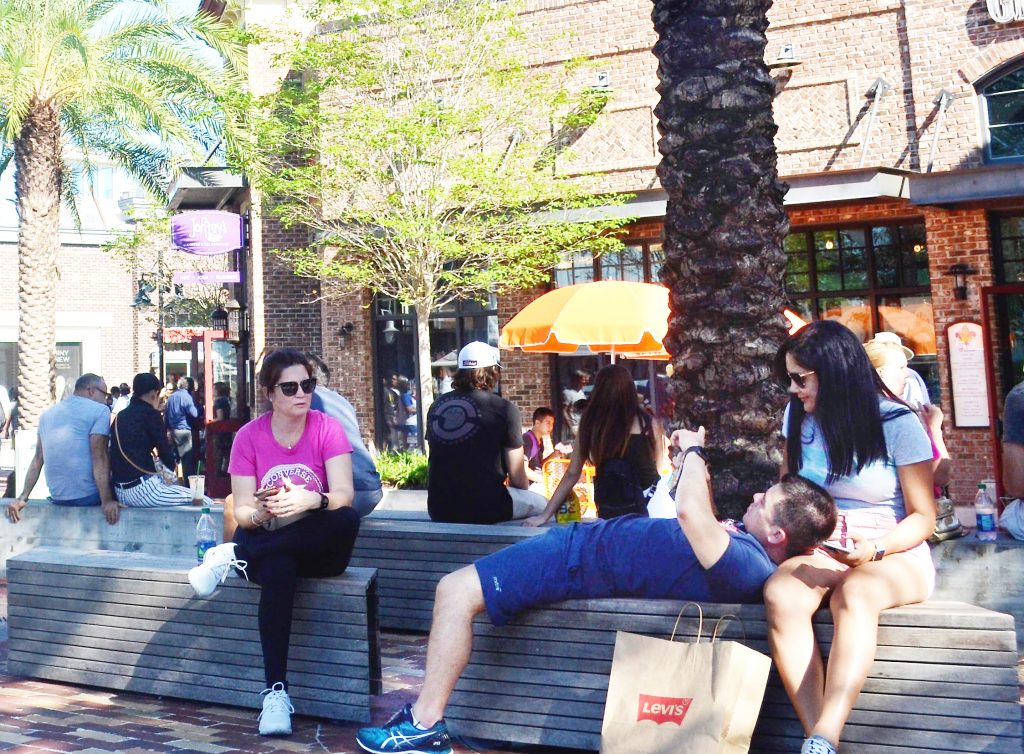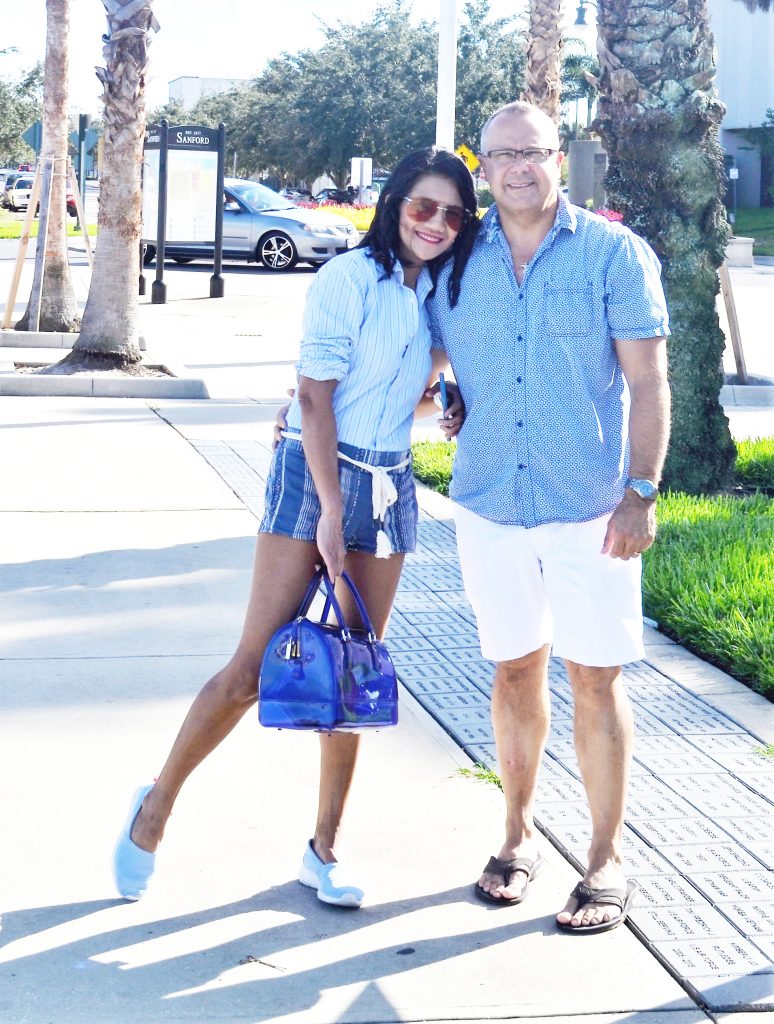What really love is? Do people really know what it is?

Love is perhaps the most intimate and deepest emotion a person experiences and yet it continues to baffle man and woman alike.
The romantics of the world believe in love at first sight. But out of sight, out of mind, so goes a popular quotation. Yet, absence makes the heart grow fonder, contradicts another saying.
There are those who believe in forever, which means someone to love until till death would part them. Yes, love is imminent; it is inscrutable yet inspiring. The Bible tells us: “But the greatest of them all is love.”
A science-based study conducted by Arthur Arun, the mind of a person takes between 90 seconds to 4 minutes to determine whether it is struck by love or not. Among the findings of the study are as follows:
· 55% of the role is played by body language; this means a brain detect the activities of body movement and decides whether it has received the signals of love or not
· 38% of the decision to be in love is contributed by the voice – its tone and change in frequency; and
· 7% is the reaction to a lover’s statement or choice of words.
But despite all the studies done by researchers and respected authorities, love continues to flummox science. Recent studies suggest, however, that several chemicals in our brain, as well as genetics and background, all shape the process of falling in love and, perhaps, more importantly, how long love lasts.
If you’re interested to know all the answers to those questions, please meet Helen Fisher, a biological anthropologist at Rutgers University in New Jersey. She is a leading researcher of the science behind love.
“(Fisher) divides the process of falling in love and staying in love into three stages – each driven by corresponding hormones that play a part in directing our actions,” explains a special edition of Popular Science on “100 mysteries of science.”

Each stage reportedly involves different types of chemical reactions within the body (specifically the brain). Along with that, there are different hormones present in the body helping to excite all the three stages separately as well as collectively.
Lust: “Humans meet someone who excites them sexually, with testosterone – in both men and women – playing a part.”
Attraction: “Once two people establish a mutual attraction, they move on to romantic love, the head-over-heels stage of a relationship. Working in the brain at this point is dopamine, which creates the emotional high of being in love. At the same time, other chemicals, including adrenaline, make the heart pound a little harder when the beloved is around.”
Attachment: “Sustaining a loving relationship is possible, in part because of oxytocin. Scientists have studied the role of this hormone plays in creating a bond between a mother and her child. Oxytocin also helps build the bonds of attachment between partners.”
The publication talks more about oxytocin in these words: “Studies done by Beate Ditzen at the University of Zurich indicate that the hormone makes lovers more able to express their feelings and be supportive of each other. Oxytocin also reduces cortisol, a hormone that stimulates stress. Genes may play a part in how receptive someone is to the power of oxytocin.”
I think most of those who have been in love have undergone these stages. “Once we find the right person, our body responds in particular ways,” the publication states. “Couples with successful, lasting relationships show fewer signs of stress (measured by the fight-or-flight syndrome scale) when they’re conversing, while couples facing rocky times show signs of stress even when talking about mundane things.
Health is at stake when trouble is brewing between couples. “This increased stress between partners can affect their immune and endocrine systems, rising the risk of disease,” the publication points out.
Despite these findings, Fisher believes that biology alone does not determine who we fall in love with and whether the relationship lasts; “your culture, your background, and your upbringing” also play a significant role.
“But below the surface of our thoughts, biology does indeed operate in shaping our love lives,” Popular Science concludes.
In The Next 500 Stories, Willi Hoffsuemmer tells the story of an intelligent young king who ordered all the learned professors of his kingdom to gather and write down all the wisdom of the world.
The professors got right down to work and forty years later, they had a thousand books packed with wisdom. The king, who had meantime, reached sixty years of age, told them: “I cannot possibly read a thousand books. Reduce all that wisdom to basics.”
Ten more years went by and the professors reduced the world’s wisdom to a hundred volumes. “That’s still too much,” the king said. “I’m already seventy years old. Condense all that wisdom into absolute essentials.”

So, the professors tried again and squeezed all the wisdom of the world into just one book. But by that time, the king was lying on his deathbed. So, the leader of the committee of professors condensed the thousand volumes of wisdom down to just one sentence: “People live, they suffer, they die. The only thing that outlives them is love.”
Love is indeed mysterious, unfathomable, inscrutable. Brazilian lyricist and novelist Paulo Coelho is one of those who has a hard time understanding it. ““Love is an untamed force,” he wrote. “When we try to control it, it destroys us. When we try to imprison it, it enslaves us. When we try to understand it, it leaves us feeling lost and confused.”
American playwright and poet Natalie Clifford Barney has the same idea when she penned these words: “When you’re in love you never really know whether your elation comes from the qualities of the one you love, or if it attributes them to her; whether the light which surrounds her like a halo comes from you, from her, or from the meeting of your sparks.”

So many knowledgeable personalities try to define it. “Love is the only sane and satisfactory answer to the problem of human existence,” says Erich Fromm. Poet Khalil Gibran says that love has no desire but to fulfill itself. “To melt and be like a running brook that sings its melody to the night,” he adds. “To wake at dawn with a winged heart and give thanks for another day of loving.”
In A Writer’s Notebook, William Somerset Maugham wrote: “Love is only a dirty trick played on us to achieve continuation of the species.” Robert A. Heinlein, in Stranger in a Strange Land, penned: “Love is that condition in which the happiness of another person is essential to your own.”






